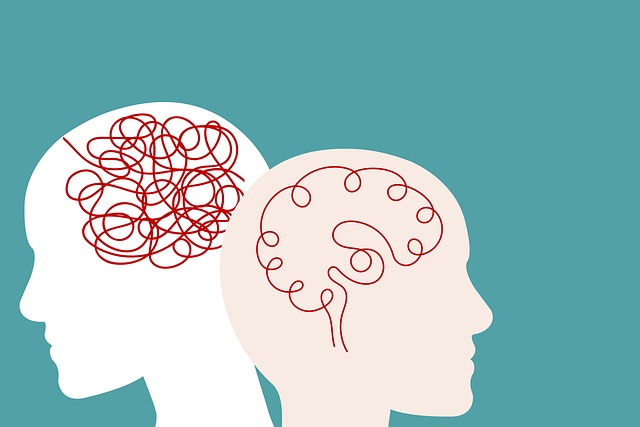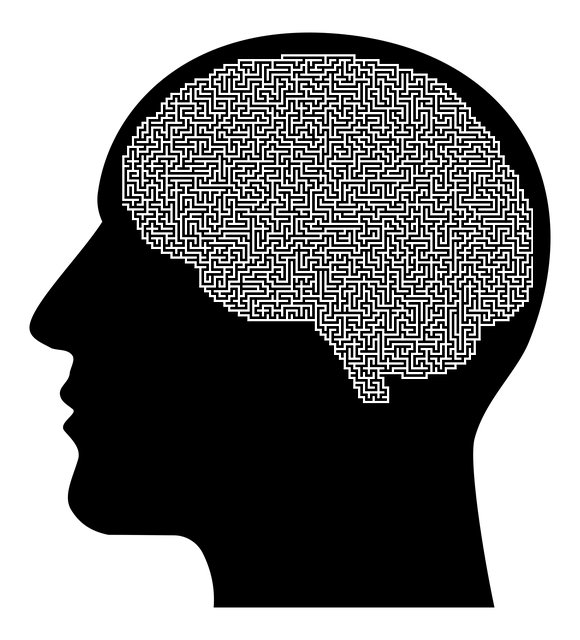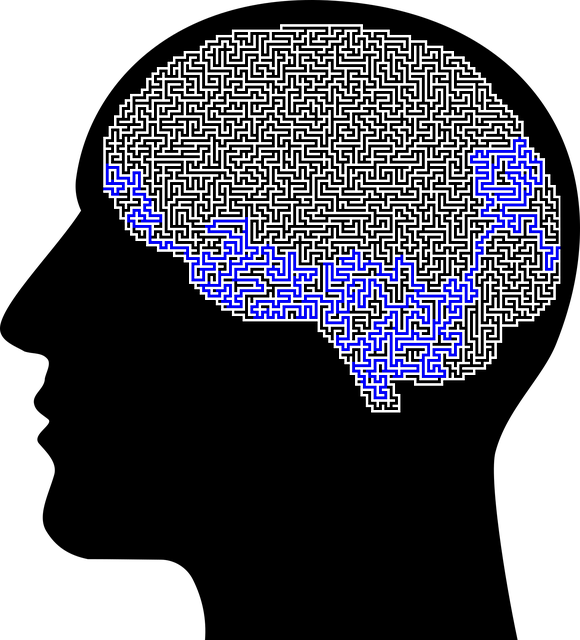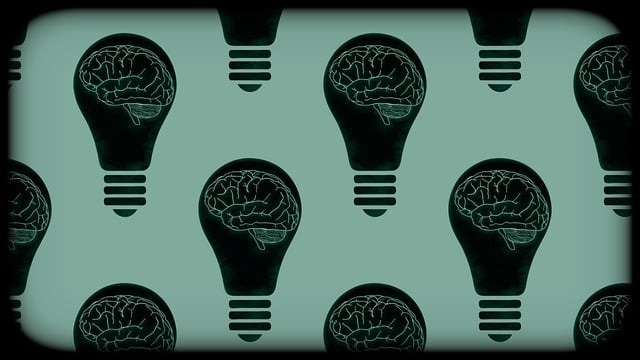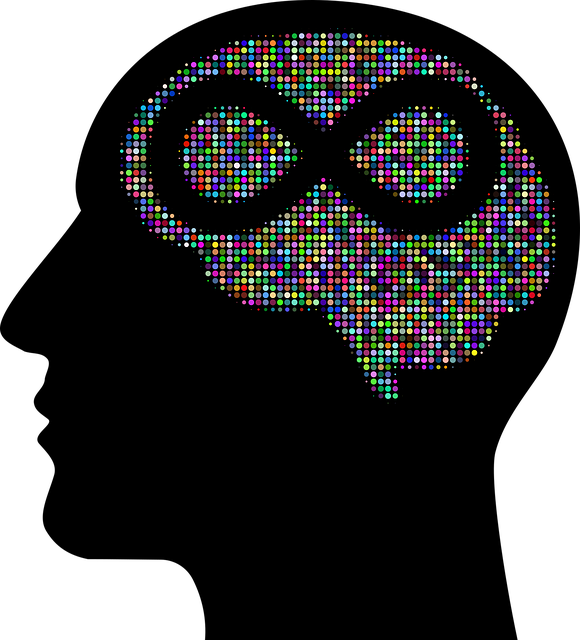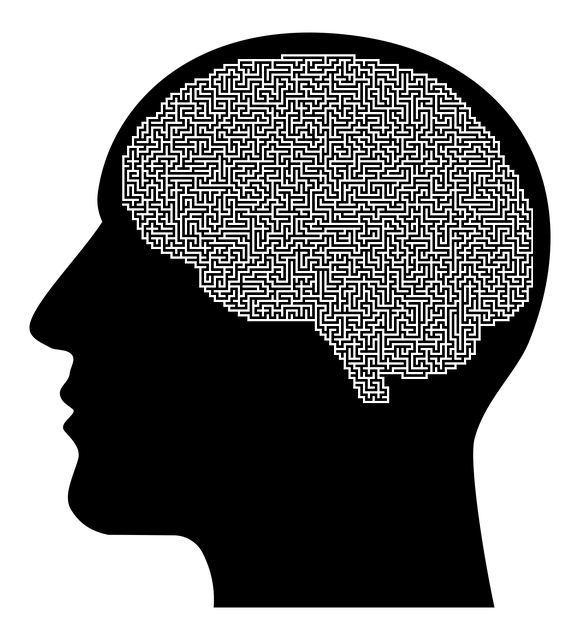Mental wellness apps offer innovative solutions for children's therapy and couple communication issues, leveraging digital tools like secure messaging, video conferencing, and mindfulness exercises. These platforms break geographical barriers, foster open dialogue, and promote peer support while adhering to strict data privacy and ethical standards. By integrating evidence-based practices and community outreach, these apps enhance mental health accessibility and well-being for diverse users.
In today’s digital age, mental wellness apps are becoming indispensable tools for promoting psychological well-being. With a growing focus on addressing communication issues within families, apps tailored for therapy among children and couples hold immense potential. This article explores the rising demand for such applications, delving into their key features and functionality, while also considering critical development aspects and ethical implications to ensure safety and effectiveness in digital therapy for vulnerable populations like children and couples facing communication challenges.
- Understanding the Need for Mental Wellness Apps: A Focus on Children and Couples
- Key Features and Functionality: Addressing Communication Issues Through Digital Therapy
- Development Considerations and Ethical Implications: Ensuring Safe and Effective Apps
Understanding the Need for Mental Wellness Apps: A Focus on Children and Couples

The digital age presents a unique opportunity to address mental health concerns among children and couples through innovative solutions like mental wellness apps. With increasing screen time for younger generations, developers can create engaging platforms that offer therapy and support tailored to children’s needs. These apps can incorporate games, interactive stories, and mindfulness exercises to foster healthy coping mechanisms while teaching essential life skills. By targeting children early on, we can lay the foundation for better emotional well-being in adulthood.
For couples, communication issues often form the backbone of many mental health struggles. Mental wellness apps designed with this demographic in mind can offer tools for effective communication and conflict resolution techniques, such as Compassion Cultivation Practices. Through interactive modules and private messaging features, these apps create safe spaces for partners to improve understanding, resolve disagreements, and strengthen their relationships. The integration of various therapy models and Mental Wellness Coaching Programs within app development allows for personalized journeys towards mental wellness, catering to diverse needs in a accessible digital format.
Key Features and Functionality: Addressing Communication Issues Through Digital Therapy

In today’s digital era, mental wellness app development has paved the way for innovative solutions to address communication issues within therapy. One of the key features gaining traction is the integration of secure messaging platforms and video conferencing tools that enable children and couples to engage in therapy from the comfort of their homes. These virtual sessions not only break down geographical barriers but also offer a more accessible and less intimidating environment, fostering open dialogue.
Through compassionate cultivation practices and resilience-building exercises tailored for both age groups, these apps facilitate effective communication. By incorporating features that encourage active listening, emotional expression, and empathetic understanding, they create a safe space for individuals to process their feelings and strengthen their relationships. Moreover, public awareness campaigns developed alongside these apps help normalize conversations around mental health, encouraging users to prioritize their well-being.
Development Considerations and Ethical Implications: Ensuring Safe and Effective Apps

In the realm of mental wellness app development, ensuring safe and effective tools is paramount. Developers must consider a multitude of factors to address therapy for children and couples, while also tackling communication issues through intuitive design and robust features. A key development consideration is integrating evidence-based practices such as mindfulness meditation and inner strength development into the app’s core functionality, backed by research that demonstrates their efficacy in improving mental health outcomes.
Ethical implications demand meticulous attention to data privacy and security, especially when dealing with sensitive user information. Developers must adhere to strict guidelines for handling personal details and ensure transparent communication about data collection practices. Furthermore, apps should foster a sense of community through features like secure messaging or discussion forums, promoting peer support and encouraging open conversations while maintaining a safe digital environment. Implementation of a community outreach program can enhance these platforms’ impact by connecting users with mental health professionals and specialized services when needed.
Mental wellness apps have the potential to revolutionize therapy accessibility, particularly for children and couples facing communication issues. By addressing ethical considerations and focusing on user-friendly designs, developers can create safe and effective tools that enhance traditional therapy methods. Integrating features that encourage open dialogue and provide personalized support can significantly impact users’ mental health journeys. As the demand for digital wellness solutions grows, prioritizing evidence-based practices and continuous improvement ensures that these apps become valuable resources for improving communication and overall well-being.




